Remaining Bali Nine freed and returned to Australia, here’s what happened
The remaining members of the Bali Nine are waking up in Australia for the first time in almost 20 years. Here is how their saga unfolded.
Five Australian men arrested when they were aged between 18 and 28 trying to smuggle heroin out of Indonesia have been freed.
These remaining members of the Bali Nine were released on Sunday after 19 years in Indonesian prisons, freed from life sentences nine years after the two ring leaders were executed at Nusa Kambangan.
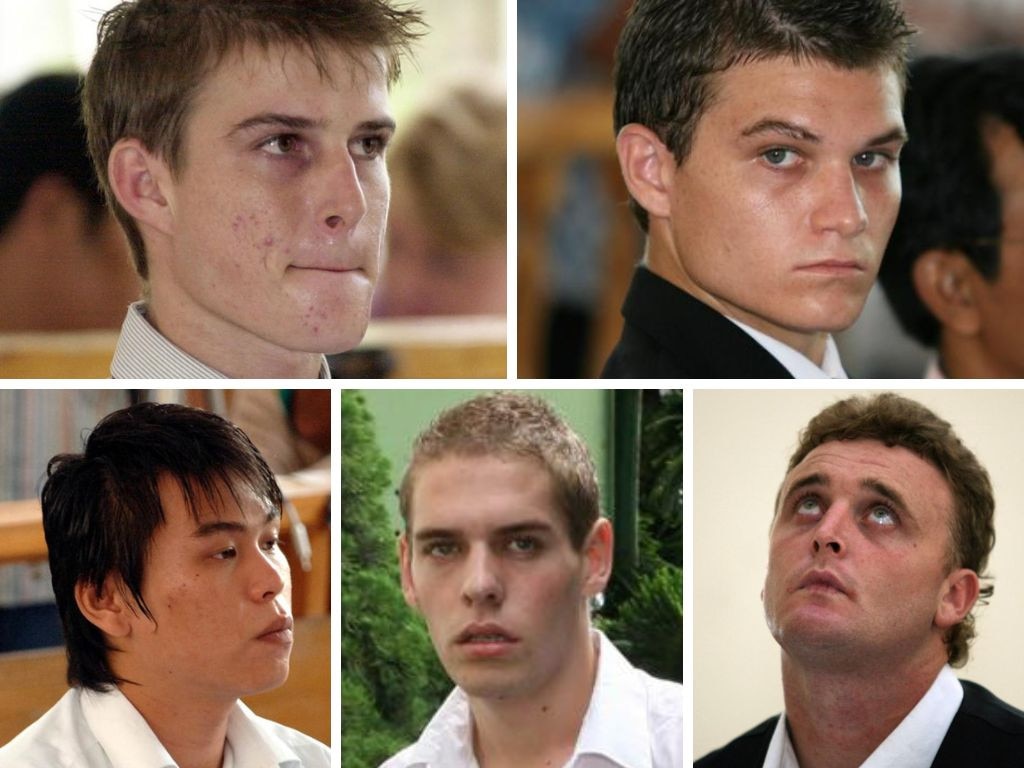
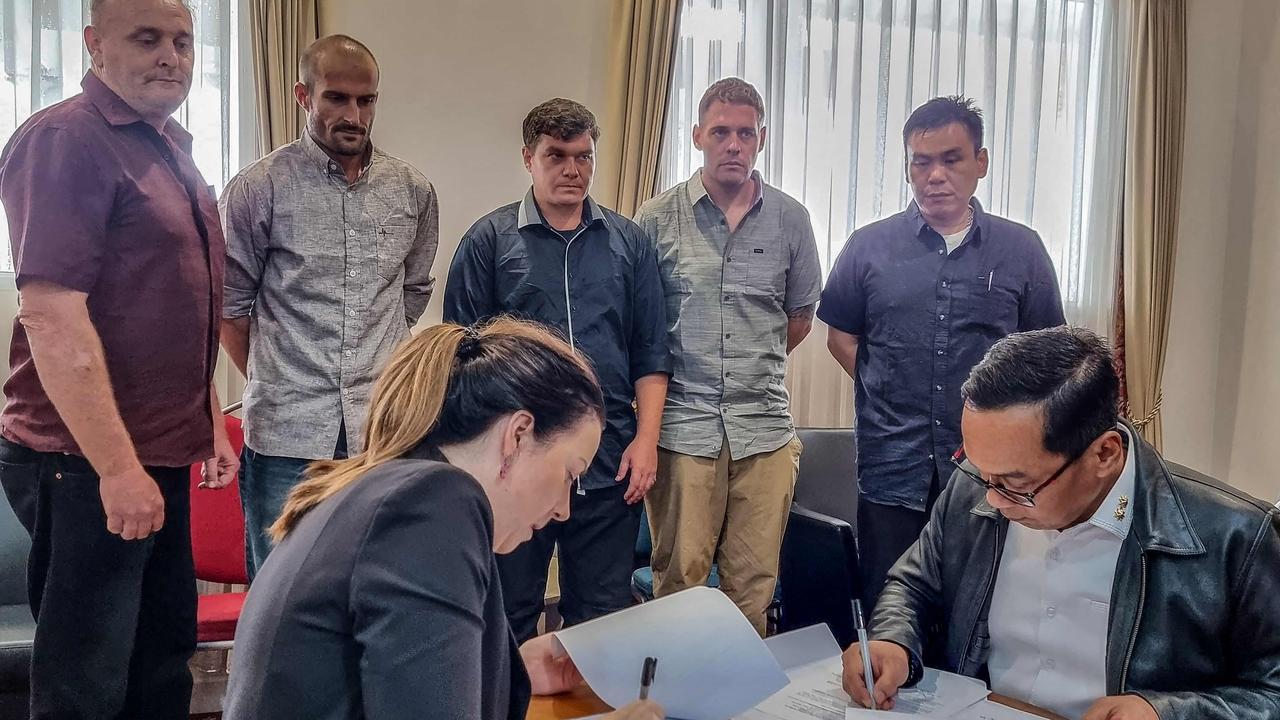
THE BALI NINE
The group of eight men and one woman from Sydney and Brisbane and were arrested in Bali in 2005 trying to smuggle 8.7kg of heroin to Australia.
Ringleaders Andrew Chan and Myuran Sukumaran were 21 and 23 years old at the time.
The accomplices were Si Yi Chen, 20, Michael Czugaj, 19, Tan Duc Thanh Nguyen, 22, Matthew Norman, 18, Scott Rush, 19, Martin Stephens, 28, and Renae Lawrence, 27.
The group were arrested on April 17, 2005; some of them had heroin strapped to their bodies.
The Australian Federal Police had eyes on Chan, Lawrence and Norman. The AFP tipped off Indonesian authorities about their movements.
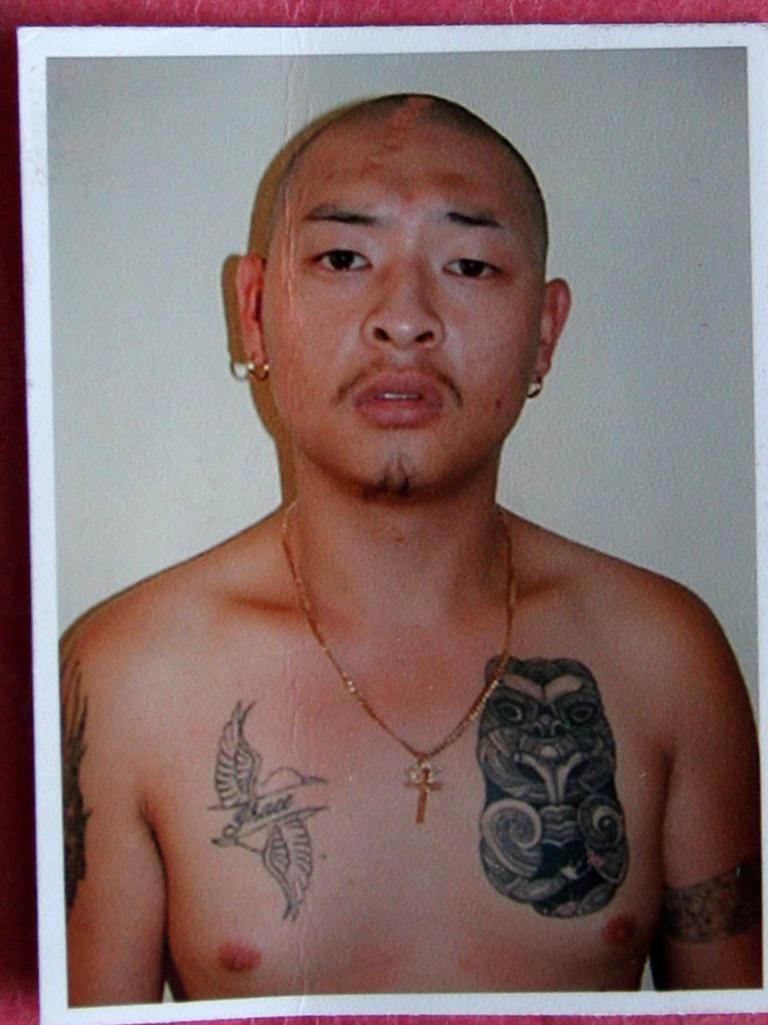
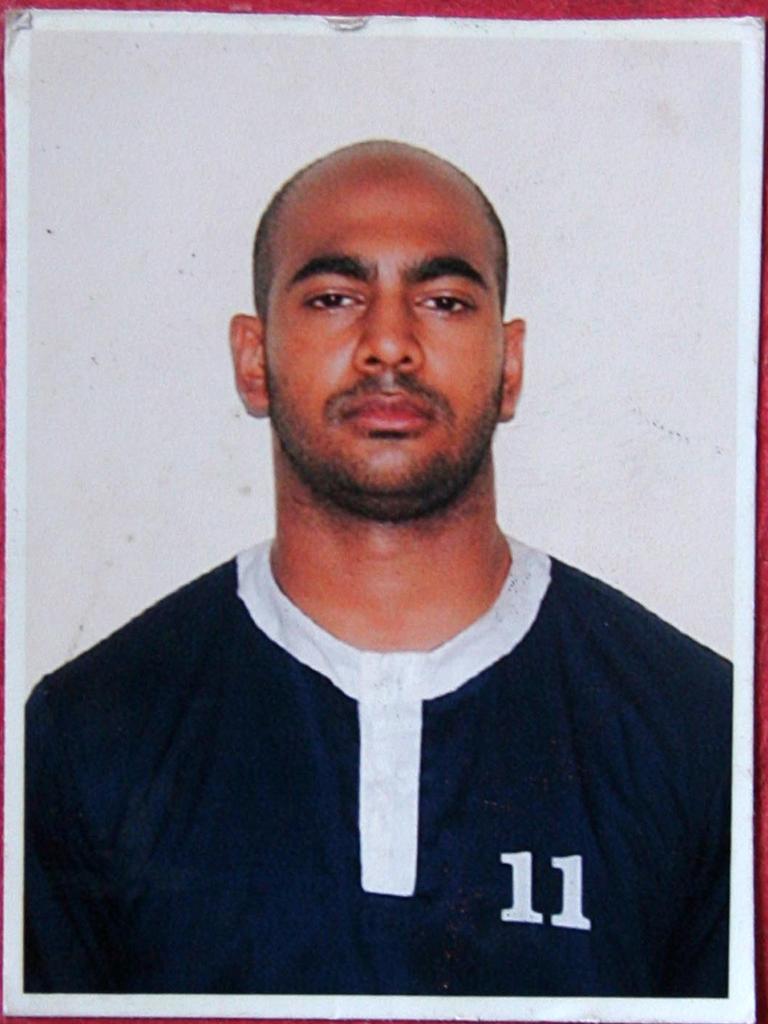
Stephens and Chen were linked to the syndicate by the AFP analysing travel bookings. Rush was subject to a travel alert, initiated by his own father. When Rush went through customs upon arrival in Indonesia, the AFP told the Indonesian authorities about the smuggling plot, passing on names and passport numbers.
Four of the members were arrested at the airport trying to leave. Sukumaran was pulled off a plane about to depart and four others were arrested at their hotel near Kuta.
LIFE AND DEATH
In February 2006, Chan and Sukumaran were sentenced to death. The other seven members received life sentences.
Various trials were held in Denpasar the previous year. Chen and Norman were tried together, with the remaining six defendants tried separately.
Rush and Lawrence filed unsuccessful court action against the AFP, claiming it did not do enough to protect the interests of Australian citizens prior to the arrest.
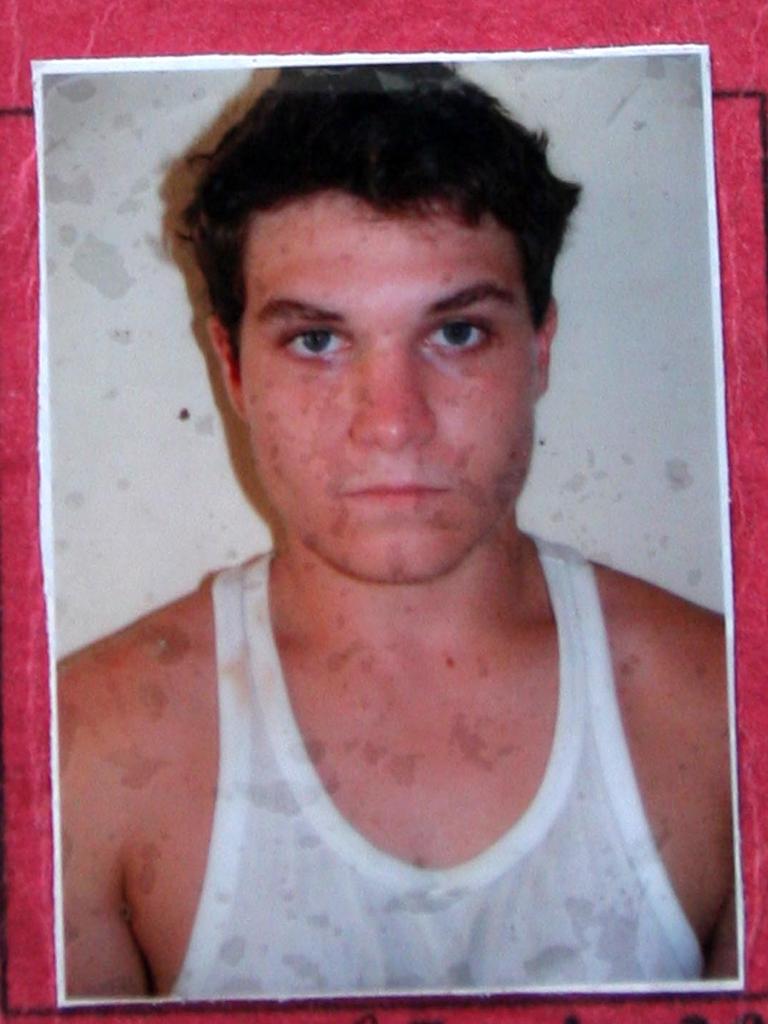
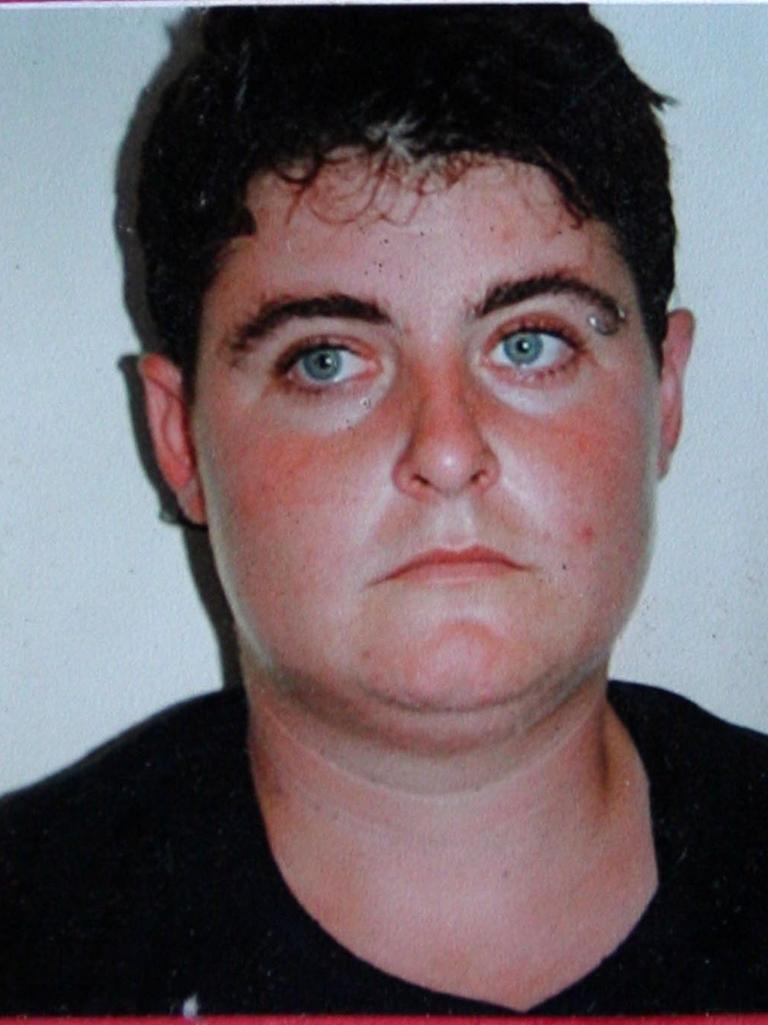
“I feel very let down by our Australian Federal Police – we tried to lawfully stop our son leaving the country, it wasn’t done,” Scott Rush’s parents told the ABC in 2006.
Chen, Nguyen, Norman and Rush appealed for their life sentences to be reduced to 20 years, but at re-sentencing they were given the death penalty. Then in 2008, the Indonesian government retracted the death penalties, reinstating the original life sentences.
Czugaj did appeal his sentence down to 20 years, but the courts later reinstated life behind bars.
Chan and Sukumaran were executed by firing squad on April 29, 2015, aged 31 and 34.
Then prime minister Tony Abbott said the executions were “cruel and unnecessary”.
Chan and Sukumaran’s families said in a joint statement: “They asked for mercy, but there was none. They were immensely grateful for all the support they received.”
One of their lawyers said the men died with dignity.
“The two boys died well. They made their preparations, they were dignified,” lawyer Peter Morrissey said at the time.
“They tasted how awful this would be … they knew what it was like to be tied to the post.
“They were very worried about it and yet at the end they’ve come through as really remarkable, lovely blokes.”
I am pleased to confirm that Australian citizens, Si Yi Chen, Michael Czugaj, Matthew Norman, Scott Rush and Martin Stephens have returned to Australia this afternoon.
— Anthony Albanese (@AlboMP) December 15, 2024
I thank President Prabowo Subianto for his compassion.
Nguyen died from stomach cancer in May 2018 in a Jakarta hospital.
The lone female Bali Nine member, Lawrence, had her sentence reduced to 20 years. In November 2018, she was released on good behaviour and returned to Australia.
After the two executions, Lawrence’s release and Nguyen’s death from cancer, those remaining five members were left facing life in Indonesian prisons.
RELEASE
The five remaining Bali Nine members have made a voluntary undertaking to the Indonesian government that they will continue their rehabilitation in Australia.
They are not allowed back to Indonesia.
Australia requested the transfer of the prisoners on humanitarian grounds. There is no prisoner-exchange element to their release between the countries.
Images show the five men dressed in button-up shirts watching Australian and Indonesian officials signing the paperwork that cemented their release.
The group were called in from various prisons and returned to Australia on a Jetstar flight on Sunday.




